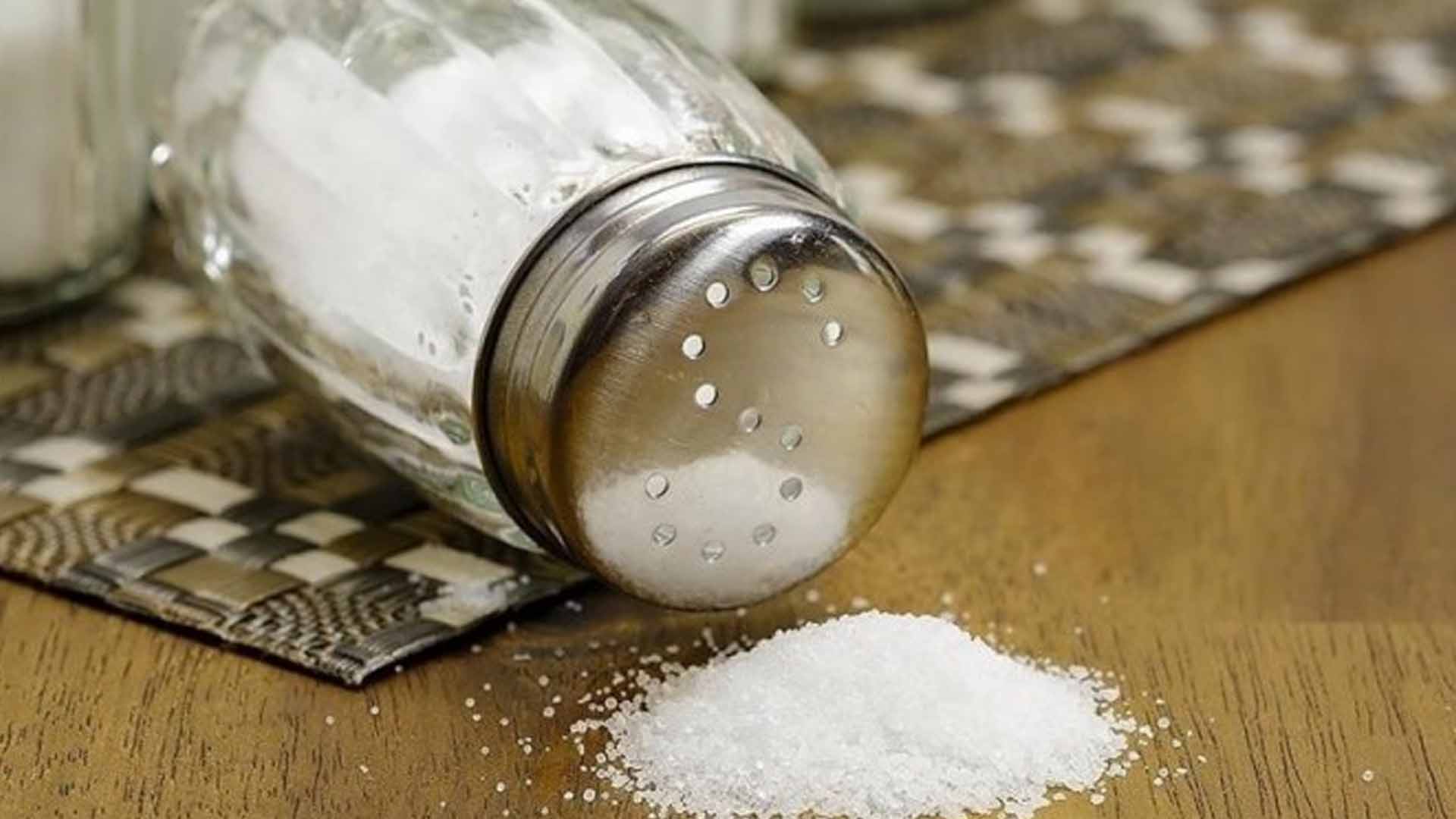A World Health Organization (WHO) global report on sodium intake reduction shows that the planet is off-track to achieve its worldwide target of reducing by 30 percent consumption of the nutrient by 2025.
Sodium is an essential nutrient but increases the risk of heart disease, stroke, and premature death when eaten in excess, with its main source being table salt (sodium chloride), but it is also in other condiments such as sodium glutamate.
The report, the first of its kind, shows that mandatory sodium reduction policies protect only 3 percent of the world’s population and 73 percent of the 194 WHO member states lack the full range of implementation of such policies.
“Unhealthy diets are a leading cause of death and disease globally, and excessive sodium intake is one of the main culprits,” said WHO Director-General Tedros Adhanom Ghebreyesus.
“This report shows that most countries are yet to adopt any mandatory sodium reduction policies, leaving their people at risk of heart attack, stroke, and other health problems.”
The global average salt intake is estimated to be 10.8 grams daily, more than double the WHO recommendation of fewer than 5 grams of salt per day or one teaspoon.
The report says that eating too much salt makes it the top risk factor for diet and nutrition-related deaths.
Linking high intake with deaths
More evidence is emerging documenting links between high sodium intake and increased risk of other health conditions such as gastric cancer, obesity, osteoporosis, and kidney disease.
Implementing highly cost-effective sodium reduction policies could save an estimated 7 million lives globally by 2030, says the report.
Such policies can ease the path to achieving the Sustainable Development Goal target of reducing deaths from noncommunicable diseases.
However, today, only nine countries (Brazil, Chile, the Czech Republic, Lithuania, Malaysia, Mexico, Saudi Arabia, Spain, and Uruguay) have a comprehensive package of recommended policies to reduce sodium intake.
“WHO calls on all countries to implement the ‘Best Buys’ for sodium reduction, and on manufacturers to implement the WHO benchmarks for sodium content in food,” said Tedros in a statement.
A comprehensive approach to sodium reduction includes mandatory policies and WHO’s “best buy” interventions related to sodium, which significantly contribute to preventing non-communicable diseases.
Less salt in foods
WHO says these include reformulating foods to contain less salt and setting targets for sodium in foods and meals.
Another action that can be taken is establishing public food procurement policies to limit salt or sodium-rich foods in public institutions such as hospitals, schools, workplaces and nursing homes.
WHO encourages front-of-package labeling that helps consumers select products lower in sodium, behavior change communication, and mass media campaigns to reduce salt/sodium consumption.
Countries are encouraged to establish sodium content targets for processed foods in line with the WHO Global Sodium Benchmarks and enforce them through these policies.
Mandatory sodium reduction policies are more effective, achieving broader coverage and safeguarding against commercial interests while providing a level playing field for food manufacturers.
As part of the report, WHO developed a Sodium country scorecard for Member States based on the type and number of sodium reduction policies they have in place. (PNA)








